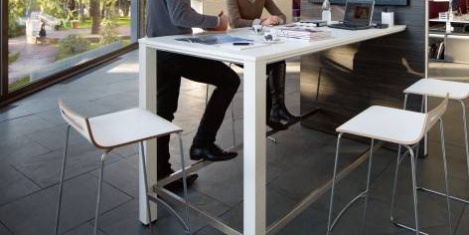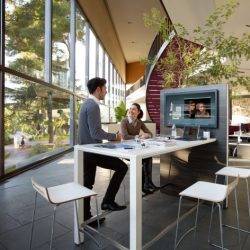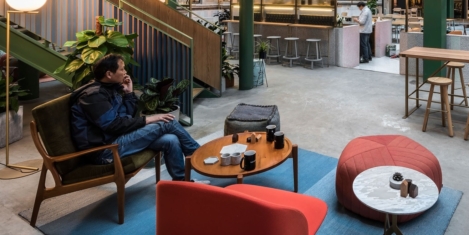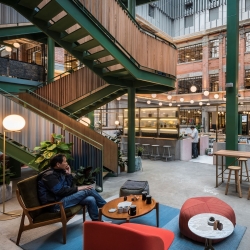To provide the best experiences, we use technologies like cookies to store and/or access device information. Consenting to these technologies will allow us to process data such as browsing behaviour or unique IDs on this site. Not consenting or withdrawing consent, may adversely affect certain features and functions.
The technical storage or access is strictly necessary for the legitimate purpose of enabling the use of a specific service explicitly requested by the subscriber or user, or for the sole purpose of carrying out the transmission of a communication over an electronic communications network.
The technical storage or access is necessary for the legitimate purpose of storing preferences that are not requested by the subscriber or user.
The technical storage or access that is used exclusively for statistical purposes.
The technical storage or access that is used exclusively for anonymous statistical purposes. Without a subpoena, voluntary compliance on the part of your Internet Service Provider, or additional records from a third party, information stored or retrieved for this purpose alone cannot usually be used to identify you.
The technical storage or access is required to create user profiles to send advertising, or to track the user on a website or across several websites for similar marketing purposes.
 The easing of lockdown restrictions and a return to offices is raising the stress levels of over a quarter of UK tech professionals (26 percent) at a time when over 1 in 3 (36 percent) report that their mental health has deteriorated during Covid-19, according to a new Harvey Nash Study. The relaxing of restrictions has left tech professionals worrying most about bringing Covid-19 back into the home, and the health risk of their daily commute. More →
The easing of lockdown restrictions and a return to offices is raising the stress levels of over a quarter of UK tech professionals (26 percent) at a time when over 1 in 3 (36 percent) report that their mental health has deteriorated during Covid-19, according to a new Harvey Nash Study. The relaxing of restrictions has left tech professionals worrying most about bringing Covid-19 back into the home, and the health risk of their daily commute. More →













 A new study by Mercer claims the COVID-19 pandemic and subsequent uncertainty are accelerating changes in the way organisations around the world are working and will continue to work into the future. Particularly in challenging times, employers are focusing on their workforce, specifically fostering healthy lifestyles, supporting financial wellness and providing skills and training as careers change due to AI and technology developments.
A new study by Mercer claims the COVID-19 pandemic and subsequent uncertainty are accelerating changes in the way organisations around the world are working and will continue to work into the future. Particularly in challenging times, employers are focusing on their workforce, specifically fostering healthy lifestyles, supporting financial wellness and providing skills and training as careers change due to AI and technology developments. 






 New research has been published aimed at understanding trends, practices and priority areas for improving employees’ experience and creating better places to work. The report,
New research has been published aimed at understanding trends, practices and priority areas for improving employees’ experience and creating better places to work. The report, 











May 1, 2020
Organisations should seize this opportunity to look at their values
by James Morley • Comment, Flexible working, Wellbeing